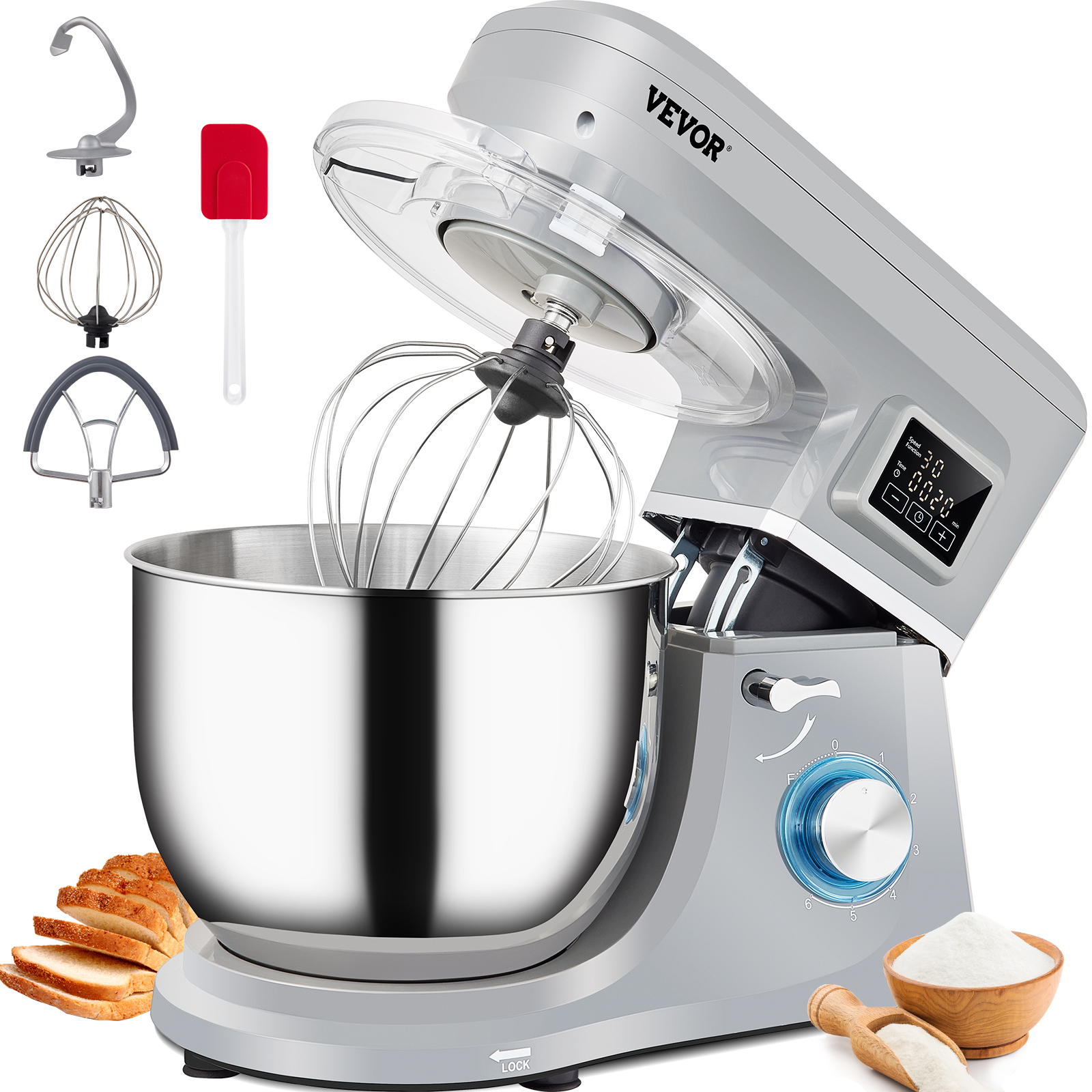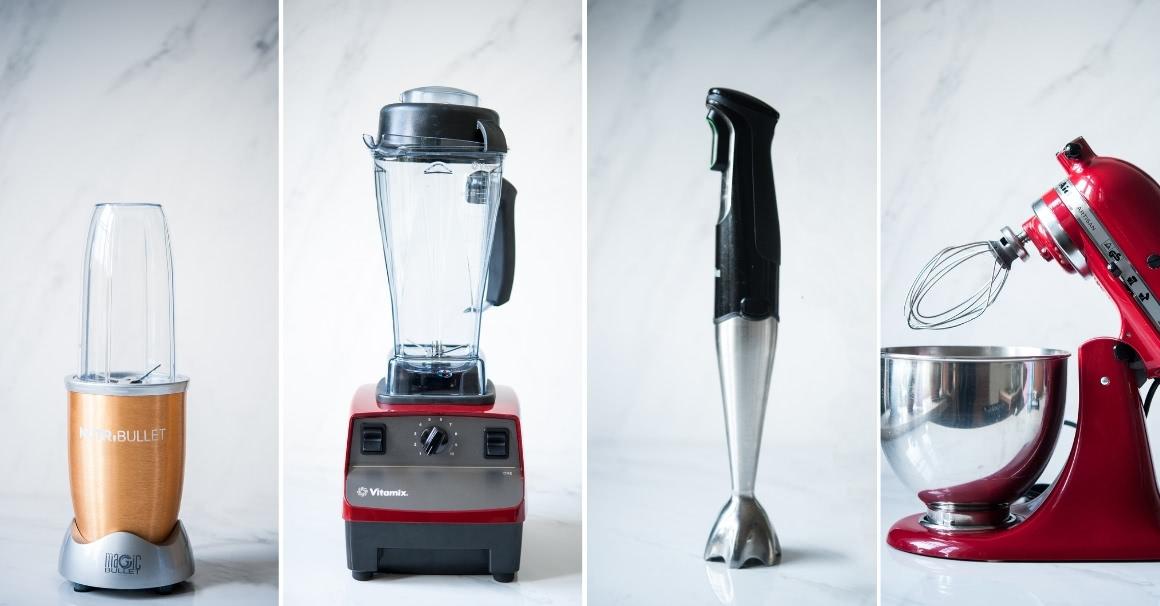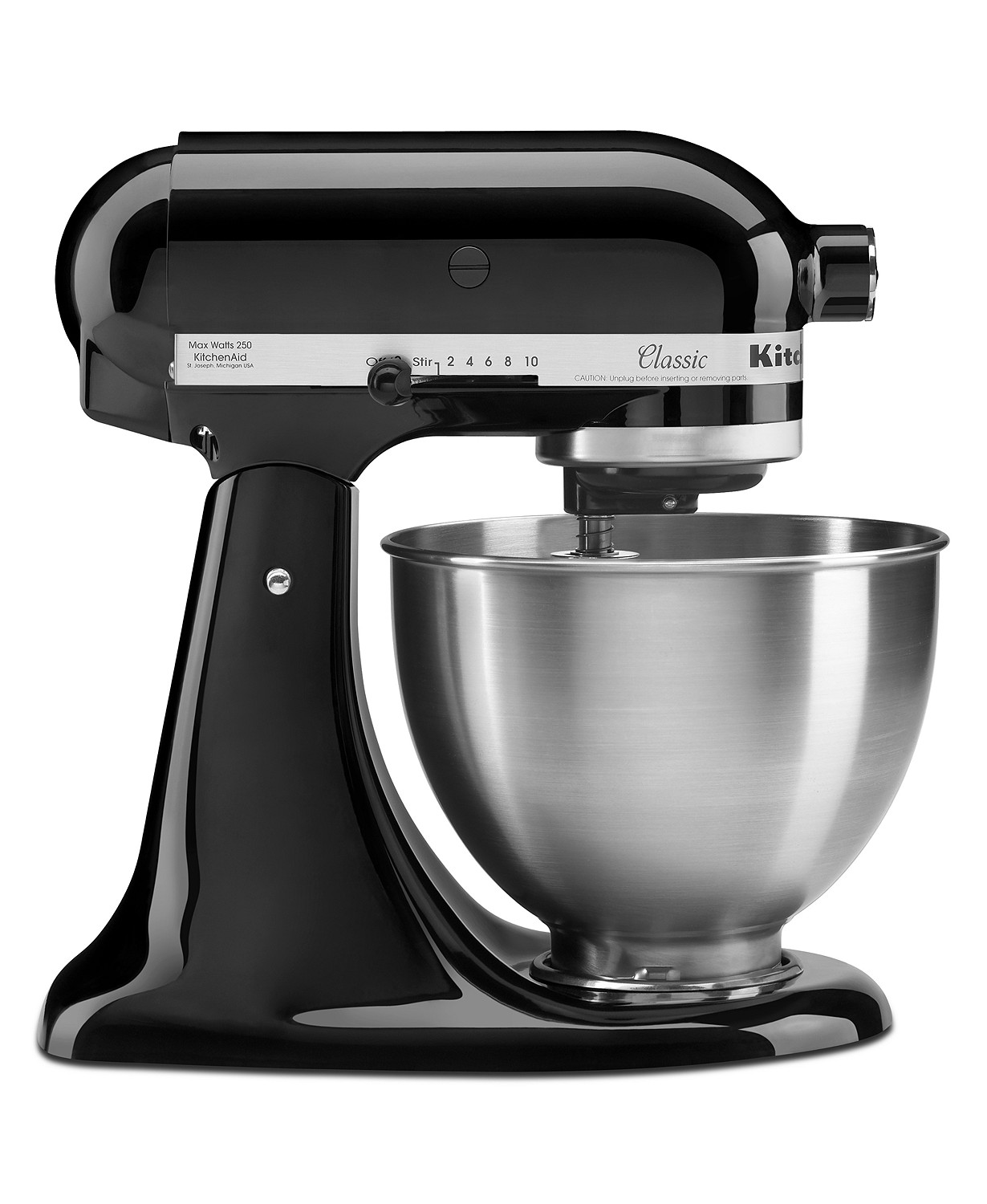Concrete mixers are essential tools for construction projects, enabling you to mix concrete efficiently and effectively. However, with various types and models available, selecting the right concrete mixer can be daunting. This article will guide you through the factors to consider when choosing a concrete mixer, helping you make an informed decision that aligns with your project needs.
Understanding the Types of Concrete Mixers

Before diving into the selection process, it’s important to understand the different types of concrete mixers available:
- Drum Mixers: These mixers have a rotating drum that facilitates mixing. They are suitable for small to medium projects and are often used on job sites due to their portability.
- Pan Mixers: With a flat mixing pan and a central mixing shaft, pan mixers are efficient for smaller batches and produce a more homogeneous mix. They are commonly used in precast concrete production.
- Truck Mixers: Mounted on trucks, these mixers allow for mixing and transporting concrete simultaneously. They are ideal for large-scale projects but require a significant investment.
- Batch Mixers: These mixers produce concrete in batches. They are versatile and can be used for various projects, from small to large scale. They allow for precise control over the mix.
Factors to Consider When Choosing a Concrete Mixer

When selecting a concrete mixer, several factors come into play. Each factor can influence the efficiency, quality, and cost-effectiveness of your mixing operations.
1. Project Size and Scale
The size and scale of your project will significantly impact your choice of mixer. Consider the following:
- Small Projects: For DIY projects or small construction jobs, a portable drum mixer may suffice.
- Medium Projects: For residential or small commercial projects, consider a pan mixer or a batch mixer for improved efficiency.
- Large Projects: For large-scale commercial or industrial projects, truck mixers or high-capacity batch mixers are recommended.
2. Type of Concrete
The type of concrete you plan to mix is another crucial factor. Different projects may require varying concrete types, such as:
- Standard Concrete: Most mixers are designed for standard concrete mixes.
- High-Strength Concrete: For high-strength applications, ensure your mixer can handle dense aggregates.
- Specialty Mixes: If you need to mix specialty concrete (e.g., colored or self-leveling), look for mixers that offer versatility and precision.
3. Mixing Capacity
The capacity of the mixer is vital in determining how much concrete you can produce in a single batch. Consider the following capacities:
- Small Mixers: Typically range from 1 to 3 cubic feet, suitable for small jobs.
- Medium Mixers: Generally have a capacity of 3 to 6 cubic feet, ideal for medium-sized projects.
- Large Mixers: Can handle 6 cubic feet and more, suitable for large construction sites.
4. Power Source

Concrete mixers come with different power options, including:
- Electric Mixers: Ideal for indoor or small projects, they are quieter and require less maintenance.
- Gasoline or Diesel Mixers: Suitable for outdoor projects and larger construction sites, they offer more power and mobility.
5. Mobility and Portability
If you need to move the mixer frequently, consider its portability features, such as:
- Wheels: Look for mixers with sturdy wheels for easy transportation.
- Weight: Lighter models are easier to move but may have lower mixing capacities.
6. Budget Considerations

Your budget will greatly influence your decision. Concrete mixers can range from a few hundred to several thousand dollars. Key points to remember:
- Initial Cost: Compare prices within your budget, but also consider long-term durability and maintenance costs.
- Future Needs: Invest in a mixer that can accommodate future projects to avoid additional costs.
Evaluating Mixer Features

Beyond the basic specifications, various features can enhance the usability and efficiency of a concrete mixer:
- Adjustable Mixing Speed: Allows for greater control over the mixing process, especially for different types of concrete.
- Hopper Design: A well-designed hopper can facilitate easier loading and unloading of materials.
- Safety Features: Look for features such as automatic shut-off, safety guards, and emergency stop buttons.
Case Studies and Examples

To illustrate the importance of selecting the right concrete mixer, consider the following case studies:
- Residential Construction: A contractor needed to mix concrete for a small home foundation. They opted for a portable drum mixer, which allowed them to mix small batches efficiently without the need for transportation costs associated with larger mixers.
- Commercial Project: A large commercial building required a significant amount of concrete. The contractor chose a truck mixer, enabling on-site mixing and delivery, which reduced waiting time and improved project timelines.
Maintenance Tips for Your Concrete Mixer
Once you’ve chosen your concrete mixer, proper maintenance is essential to ensure its longevity and performance:
- Regular Cleaning: Always clean the mixer after each use to prevent concrete buildup.
- Inspect Components: Regularly check for wear and tear on blades, belts, and electrical components.
- Lubrication: Ensure moving parts are well-lubricated to reduce friction and wear.
Choosing the right concrete mixer is a critical decision that can significantly impact the efficiency and success of your construction projects. By considering factors such as project size, type of concrete, mixing capacity, power source, mobility, budget, and additional features, you can make an informed choice that aligns with your specific needs. Remember to invest in a quality mixer and maintain it properly to ensure it serves you well for years to come.
In summary, the right concrete mixer not only enhances productivity but also contributes to the overall quality of your construction work. Take the time to evaluate your options carefully, and you’ll be well on your way to achieving your project goals with minimal hassle.